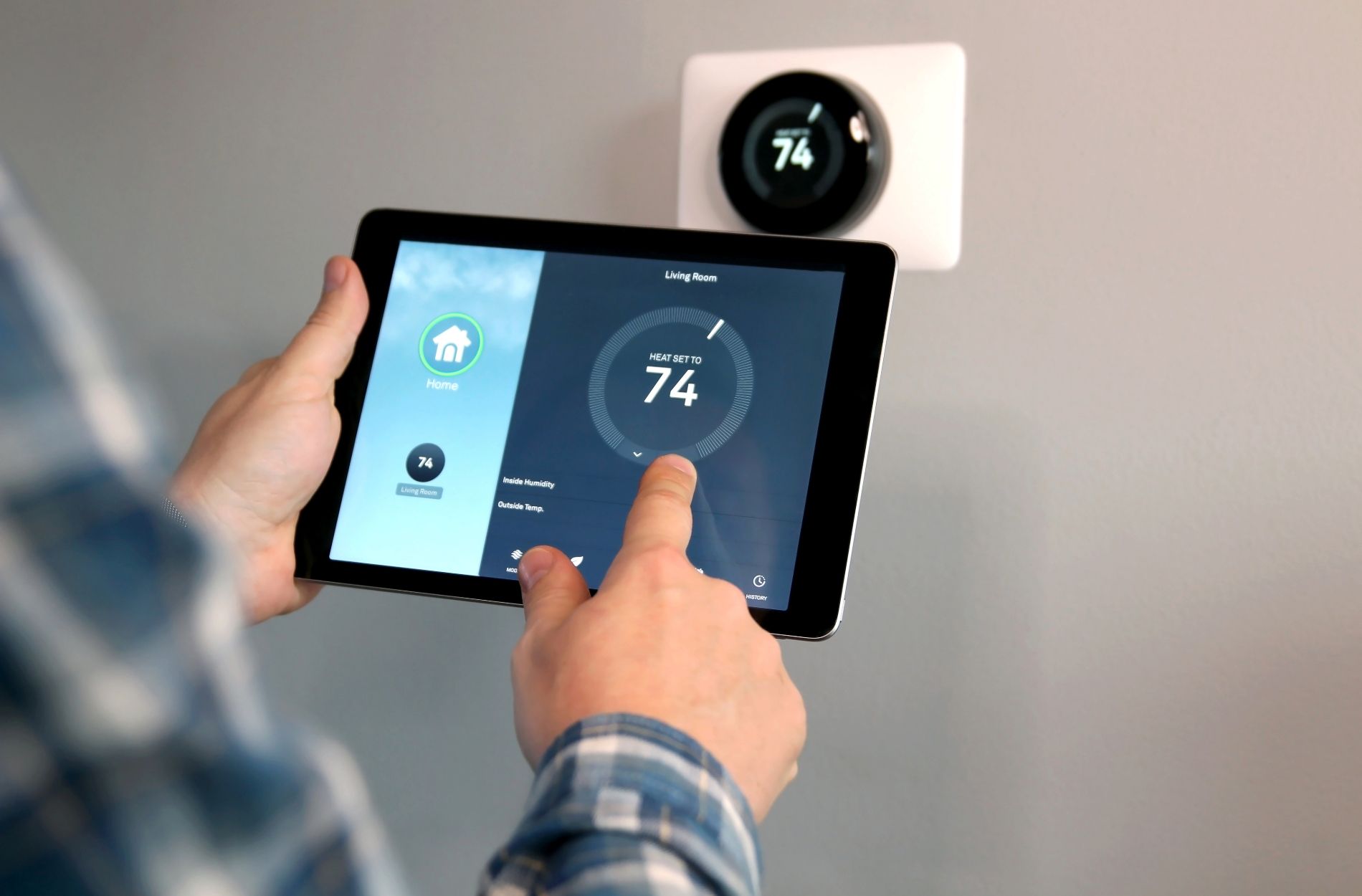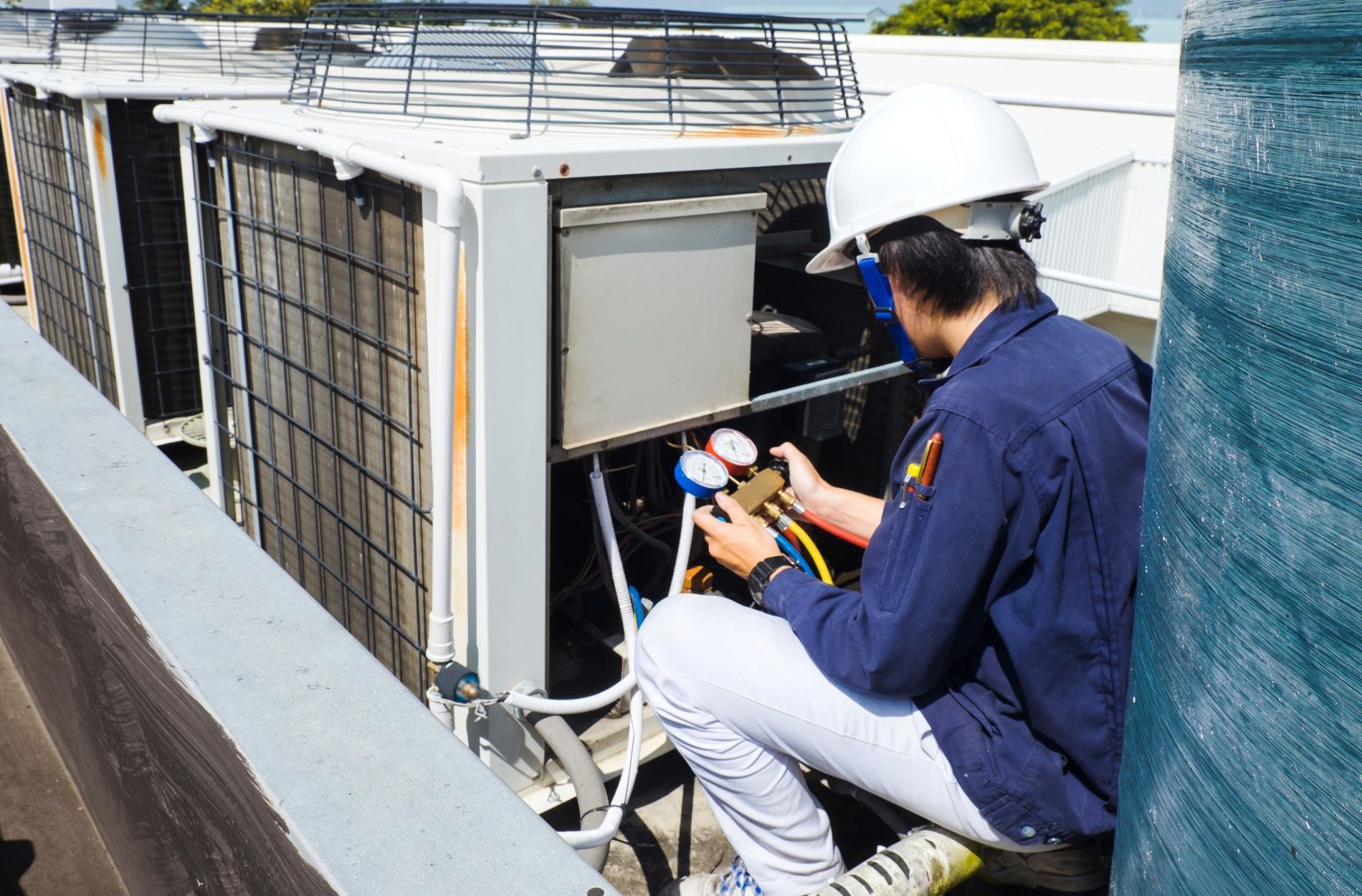Common Air Conditioning Problems and How to Fix Them
Dealing with air conditioning problems can be frustrating, especially during the hot summer months. When your AC isn't working properly, it can make your home uncomfortable and significantly increase your stress levels. The good news is that many common AC issues have straightforward solutions that you can address without needing professional help.
Understanding the common causes of AC problems can help you take action quickly and efficiently. Whether your unit is not cooling as it should, making strange noises, leaking water, or refusing to turn on, identifying the root cause is the first step towards resolving the issue. Regular maintenance and timely troubleshooting can prevent minor issues from turning into major problems that require costly repairs.
AC Not Cooling Properly: Common Causes and Solutions
When your AC isn't cooling properly, it can be incredibly frustrating. Several factors can cause this problem, but the good news is that many of these issues have simple solutions. One of the most common causes is a dirty air filter. When filters become clogged with dirt and debris, they restrict airflow, making it difficult for your AC to cool your home effectively. Regularly replacing or cleaning the air filter can often solve the problem.
Another possible cause is low refrigerant levels. The refrigerant is the substance that cools the air in your AC system. If there is a leak or the refrigerant levels are too low, your AC won't be able to cool the air properly. In this case, you'll need a professional to check for leaks and refill the refrigerant.
Check the thermostat settings if your AC isn't cooling properly. Make sure it is set to "cool" and at the desired temperature. Sometimes, the issue can be as simple as incorrect thermostat settings.
If you've tried these solutions and your AC is still not working properly, it may be time to call a professional technician to diagnose and fix the problem. Regular maintenance can also help prevent these issues from occurring in the first place.
AC Making Strange Noises: Identifying and Fixing the Problem
Strange noises coming from your AC unit can be alarming. These sounds can indicate various issues, but identifying the type of noise can help pinpoint the problem. A rattling noise often suggests loose parts or debris in the unit. In this case, turn off the system and inspect the exterior for any loose screws or debris that could be causing the noise. Tightening screws and removing debris can often resolve the issue.
A hissing noise might indicate a refrigerant leak, which is a more serious problem. Low refrigerant levels can cause the system to work harder, leading to additional wear and tear. If you hear a hissing sound, contact a professional technician to check for leaks and refill the refrigerant.
A grinding noise is another common sound that can indicate worn-out motor bearings or other mechanical issues. This type of problem usually requires professional attention, as attempting to fix it yourself can cause more harm than good.
Regular maintenance and inspections can help prevent strange noises from developing in your AC unit. If you hear any unusual sounds, it’s best to address them promptly to avoid further damage and ensure your system continues operating efficiently.
Water Leaks from the AC Unit: Troubleshooting Tips
Water leaks from your AC unit can indicate a few different problems. One common cause is a clogged condensate drain line. This line removes moisture that your AC pulls from the air. When it gets blocked by dirt or algae, water can back up and leak out. A simple solution is to locate the drain line and use a wet/dry vacuum to clear the clog.
Another possible cause of water leaks is a dirty or frozen evaporator coil. When the coil gets too dirty or begins to freeze, it can't absorb heat effectively. This causes condensation to form, which may leak out if the drip pan overflows. Regular cleaning and maintenance can help prevent this issue. If the coil is frozen, turn off the AC to let it thaw and then check for underlying issues like low refrigerant levels.
Additionally, check the placement of the AC unit. If it’s not level, water may not drain properly and can leak. Ensuring that the unit is on a flat surface can help prevent leaks. Inspect the drip pan for any cracks or damage, as a broken pan can also cause water to leak.
AC Fails to Turn On: Quick Fixes and When to Call a Professional
If your AC fails to turn on, it can be a major inconvenience, especially during hot weather. Start by checking the thermostat settings. Ensure it is set to “cool” and that the temperature setting is lower than the current room temperature. Sometimes, the problem can be as simple as dead batteries in the thermostat, which are easy to replace.
Next, inspect the circuit breaker. AC units require a lot of power and can trip the breaker if there’s a power surge. Resetting the breaker can often solve the problem. Also, check the AC unit’s power switch, which is usually located near the outdoor unit. Make sure it is in the "on" position.
If your AC still won't turn on, check the air filter. A very dirty filter can restrict airflow and cause the system to shut down as a safety measure. Replacing the filter might solve the issue.
If none of these solutions work, it’s time to call a professional. Persistent problems may indicate deeper electrical or mechanical issues that require expert attention. It's essential to have a technician inspect the system to prevent further damage and ensure it operates safely and efficiently.
Conclusion
Maintaining your AC unit is crucial for comfort and can save you a lot of trouble in the long run. By understanding how to troubleshoot common issues such as inadequate cooling, strange noises, water leaks, and startup failures, you can take quick action to resolve these problems. Regular maintenance and prompt attention to any irregularities can help ensure your AC runs efficiently and lasts longer.
Simple actions like cleaning air filters, checking for clogs, and ensuring your unit is level can make a significant difference. For complicated issues, don't hesitate to call a professional for assistance. Doing so not only keeps your AC in peak condition but also safeguards your home’s comfort.
For expert help and regular maintenance, contact Anytime Heating & Air. Our experienced team is ready to handle all your HVAC needs, ensuring your home stays cool and comfortable. Schedule an appointment with our
HVAC company in Owensboro and keep your AC running smoothly year-round.


